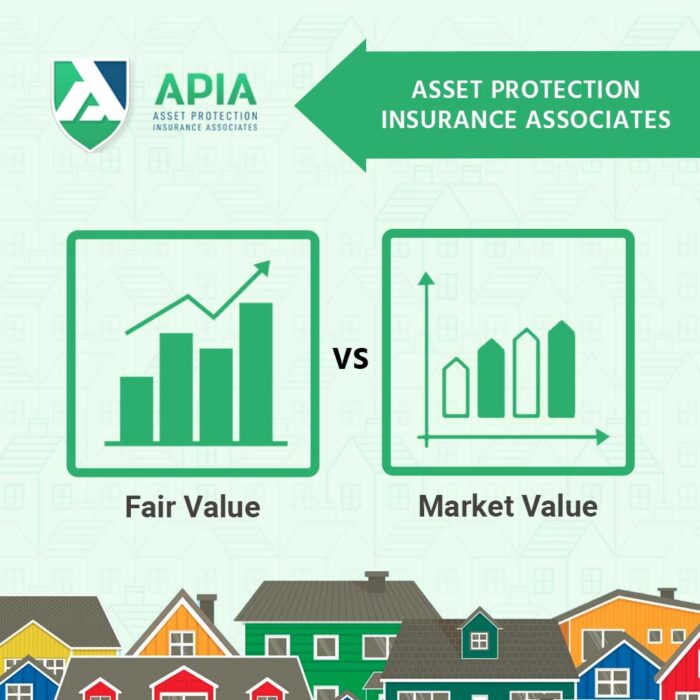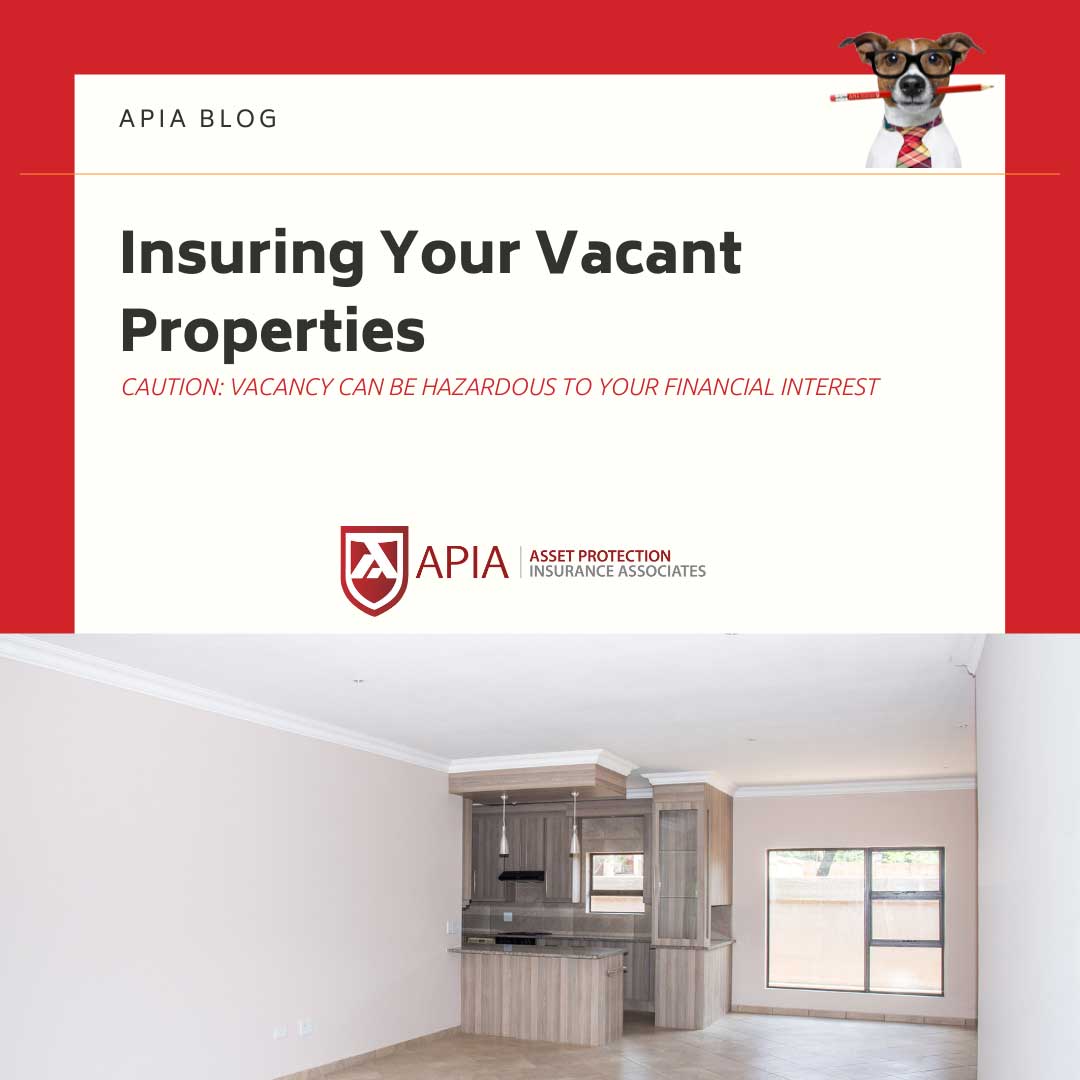
Owners and investors can rest easy when they have property insurance covering their multiple ventures.
Protect the Investment with Property Insurance
Property owners should always have a current policy to cover their investments. Property insurance is a blanket term for several different policies, such as homeowners insurance and renter’s insurance. This coverage protects the structure itself. Theft and damages can be covered when they occur to the building. Owners and real estate property managers need to keep in mind that this coverage doesn’t extend to the items within the home. Alternative policies are necessary in these cases. Without any insurance policy, the owner runs the risk of losing thousands of dollars if an incident occurs.
Change Coverage at Any Time
A unique feature that only a few insurance companies possess is the ability to add and drop a property from a policy. Real estate property managers may have just paid the annual premium on a building. However, the owner sells that property several months into the premium year. A reputable, insurance company can alter the billing so that the property’s insurance is only applicable during the ownership period. As a result, property owners save money while keeping their investments covered from day one. One phone call to the insurance company is all that’s necessary to change these umbrella policies.
Consider Policy Add-ons
Standard, property coverage is strict with its details regarding potential damages or theft. Property owners may want to expand on this coverage so that most disasters are covered. Earthquakes, floods and other natural disasters aren’t normally covered by an everyday policy. Ideally, owners should research the history of their properties in order to narrow down the necessary coverage. Being located in a valley or flood zone, for example, would warrant a flood policy. Earthquake-prone areas are also vulnerable to damages that aren’t covered by a standard, homeowner’s insurance contract.
Be Aware of Vacancy Issues

Read the Fine Print
As with any insurance policy, property owners should read over the policy before agreeing to any coverage. Every property has unique characteristics that may need specialized policies. Distinct architecture, landscaping and other details won’t be covered under a standard policy. In some cases, property owners may want to ask an insurance agent out to the property. A detailed, property evaluation can be made so that every element is properly covered. Read over any alterations to the contract, and sign it. In the future, this policy can simply be copied over to subsequent coverage years.
Real estate property managers should have a copy of these insurance papers for quick access. They may need to contact the agent during a property issue before the owner can react to the situation. Covering the property and communicating any issues with the insurance company will only protect everyone’s investments through the years.








